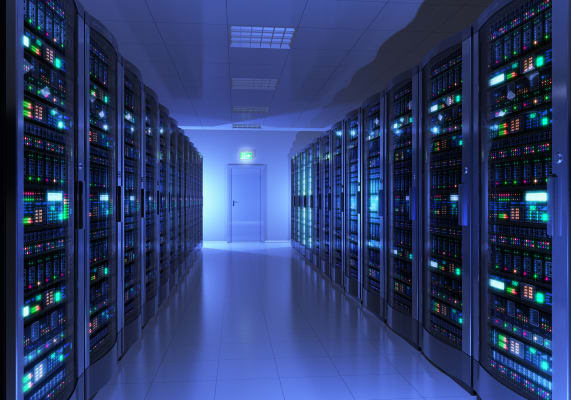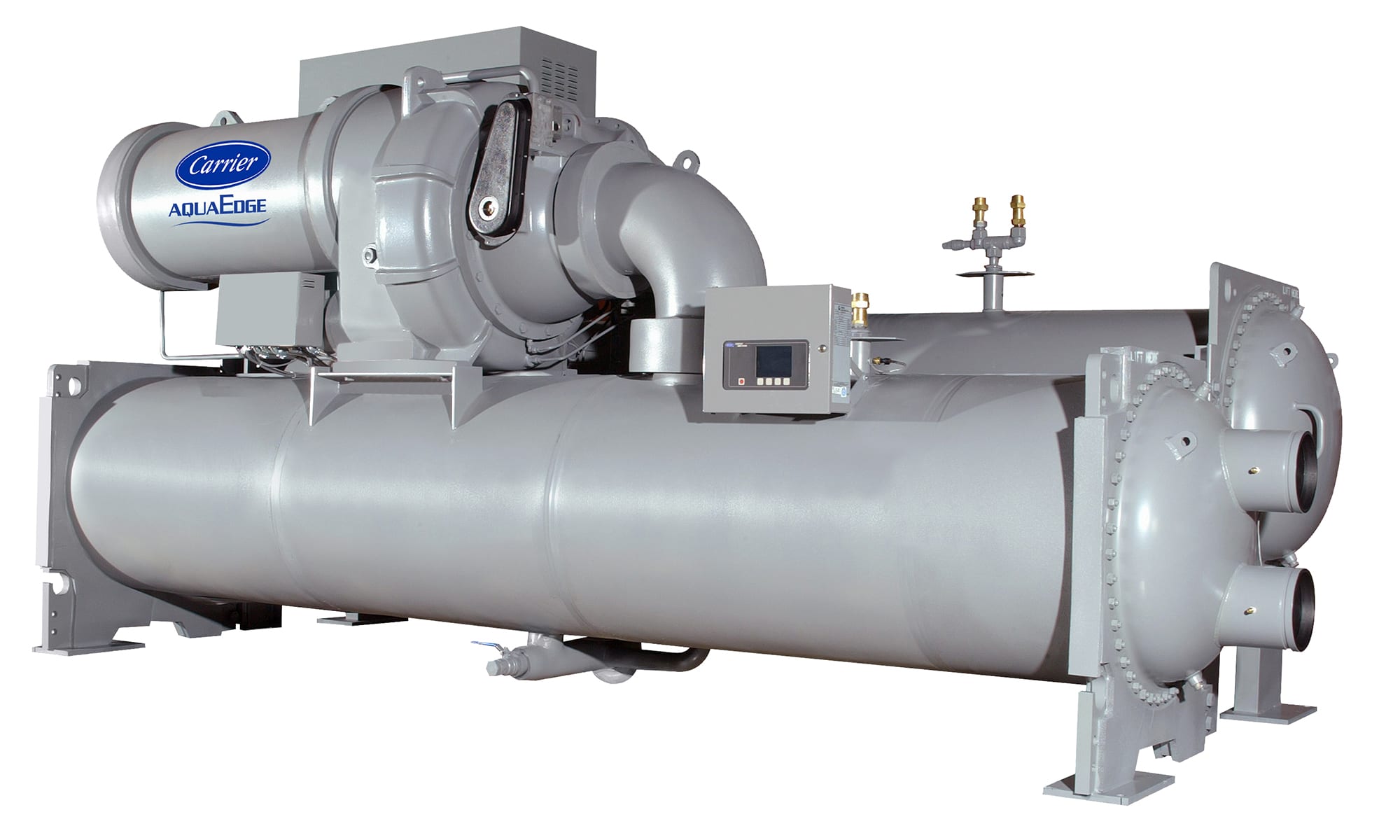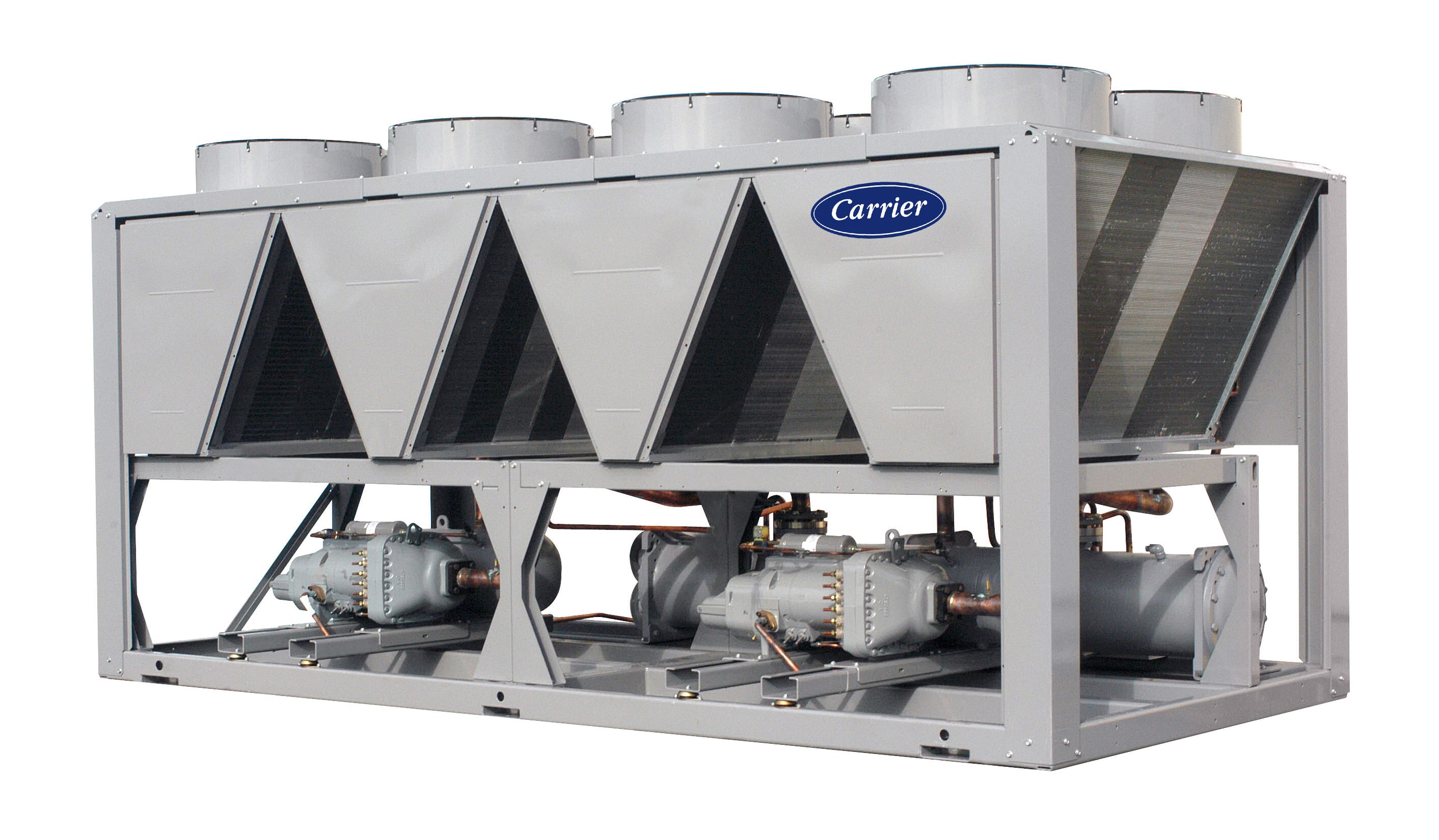
Keeping Computers Cool
The Internet, our global economy and many of today’s most advanced technologies would not be possible without Willis Carrier’s invention of modern air conditioning 110 years ago.

Beginning in 1902, air conditioning has made an impact on countless industries and various facets of life. Today, as we move further into the 21st century, air conditioning plays a critical role in enabling another innovation that shapes our world and drives our global economy: the Internet.
Data centers are full of servers and high-tech equipment that generate heat. To operate reliably and efficiently, each piece of equipment must be kept within a manufacturer-recommended range of room temperatures, generally from 16°C to 24°C (61°F to 75°F). That’s where Carrier® air conditioning comes in – providing the cooling necessary to regulate the temperature of the data center and enabling computers and servers to support the networks that power the Internet, and, ultimately, our global economy.

As a world leader in air conditioning, Carrier is developing energy efficient solutions that reduce power consumption while cooling data centers and keeping servers operating.
Carrier has also assisted in the expansion of the computer and digital age in other ways. By enabling cleanroom technology and creating the temperature- and humidity-controlled environments required for the production of semiconductors and precise electronics, Carrier helped usher in the era of new technologies like smart phones and tablets. These devices enable users around the world to stay connected through the use of email, text messages and other electronic communications.


When Willis Carrier invented modern air conditioning in 1902, he could not have imagined that it would help seamlessly connect more than two billion people and drive our global economy more than a century later. Now, we cannot imagine our world without it.